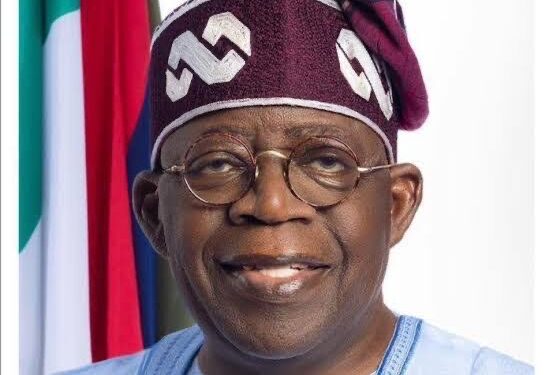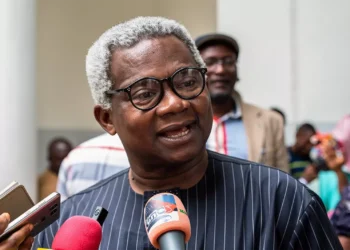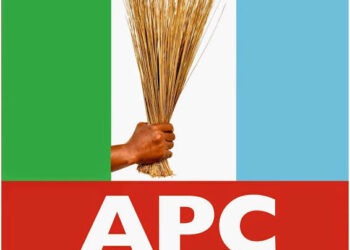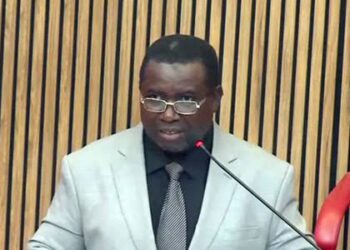By: Nwakaji Peace Martins
Today marks the one-year anniversary of the incumbency of President Bola Ahmed Tinubu’s All Progressives Congress (APC) government. It has been precisely nine years since the ruling party assumed power from the primary opposition party, the Peoples Democratic Party (PDP). In 2015, the PDP’s former President, Goodluck Jonathan, handed over the reins to President Muhammadu Buhari after the APC emerged victorious in the general elections.
As expected, the assessments of the current APC-led administration under President Tinubu vary among many observers. Some view the one-year tenure of President Tinubu’s APC government as a mix of unmet promises, significant failures, deteriorating security, a struggling economy, inconsistent policies, and burdening citizens with incessant taxes.
Conversely, for some, President Tinubu represents a beacon of hope for the nation, possessing the Midas touch and the ability to reverse the declining fortunes left by the previous administration of Muhammadu Buhari.
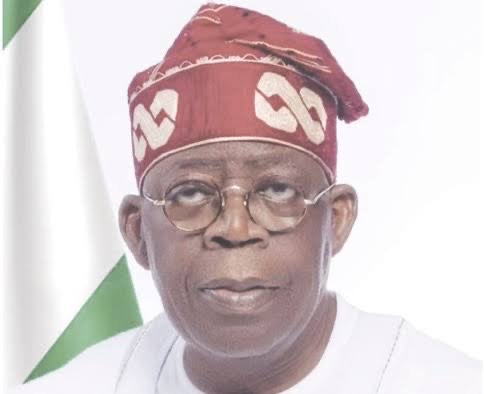
During the past year, as per the Minister of Information and Culture, Mohammed Idris Malagi, President Tinubu has established a strong and enduring foundation aimed at enhancing the lives of Nigerians. Initiatives such as the Consumer Credit Corporation, the Nigeria Education Loan Fund, the Presidential Initiative on Compressed Natural Gas, and the N200 billion Presidential Grant and Loan Scheme, as well as efforts in agriculture and food security, including the introduction of dry season farming and widespread fertilizer distribution, represent some of his noteworthy accomplishments.
Furthermore, programs like the Renewed Hope Infrastructure Development Fund (RHIDF), Renewed Hope Cities and Estates initiative, reforms in the Electricity Sector, and improvements in taxation, fiscal policy, and discussions on a new National Minimum Wage are among the policies and initiatives that are expected to directly benefit and uplift the lives of millions of Nigerians.
Idris also emphasized President Tinubu’s dedication to reducing the cost of living and conducting business in Nigeria significantly, thereby channeling more funds into the pockets of Nigerians, attracting increased local and foreign investments, and revolutionizing the nation’s infrastructure. “We are unwavering in our commitment to deliver a truly Renewed Hope to all Nigerians,” he pledged.
Notably, the government’s spokesperson was not alone in providing a positive evaluation of the Tinubu-led APC government. Echoing similar sentiments and advocating for a renewed mandate, APC National Chairman, Abdullahi Umar Ganduje, asserted that President Tinubu has not only performed admirably but has also exceeded the expectations of many Nigerians.
In his defense, Ganduje cited the substantial reduction in oil theft, pipeline vandalism, and the rise in crude oil production as notable achievements thus far. He highlighted the significance of the compressed natural gas (CNG) initiative by President Tinubu in alleviating the hardships caused by fuel price hikes.
The ruling party underscored that President Tinubu is addressing the challenges confronting the country, indicating that the situation would have been far worse without his intervention. The party emphasized the gradual transformation of the economy into a consumer-based credit system that will bolster agriculture, enhance food security, lower food prices, and facilitate access to education and infrastructure.
Additionally, the ruling party pointed out President Tinubu’s accomplishments in infrastructure, including approving the construction, completion, and rehabilitation of numerous road projects nationwide. These projects encompass the Kano-Abuja and Kano-Eastern Bypass road projects, the 700-kilometer Lagos-Calabar Coastal road, the 1000-kilometer Badagry-Sokoto road, and the ongoing development of 3500-unit Renewed Hope Housing Cities and Estates across 13 states.
Moreover, the ruling party highlighted the record-high total distributable revenue of N1.2 trillion in April 2024, a significant increase from the N655.8 billion disbursed during the same period the previous year. This surge in revenue has empowered sub-national governments to double their previous allocations, which in turn has enabled them to invest more in critical infrastructure and bolster support for the citizenry.
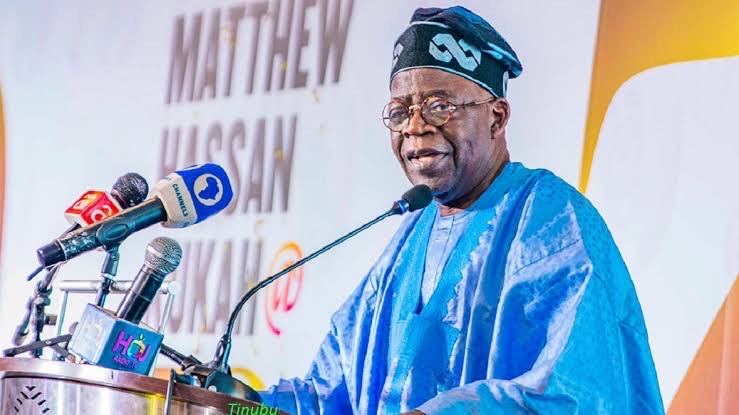
The administration’s decision to unify exchange rates, thereby eliminating arbitrage opportunities, has yielded positive outcomes for Nigeria. Economic growth in the fourth quarter of 2023 expanded to 3.46%, up from 2.54% in the previous quarter, while capital imports surged by 66% in Q4 of 2023, compared to a 33% decline in the preceding quarter.
Furthermore, the steady increase in oil production from 1.22 million barrels per day to 1.55 million barrels per day since the second quarter of 2023 has generated additional revenues. These developments, coupled with rising non-oil revenue due to financial reforms implemented by the Tinubu administration, have contributed to Nigeria’s economic growth.
However, despite the government’s claimed achievements, the prevailing sentiment among political observers is that many Nigerians are enduring hardships and are dissatisfied with the current circumstances, which have significantly diminished their quality of life. This critical appraisal was echoed by former APC National Vice Chairman, North-West, Salihu Moh Lukman, signaling widespread discontent with the Tinubu administration.
In his recent statement, Lukman lamented that the one-year tenure of President Tinubu’s government has become synonymous with disillusioning politics, distancing citizens, party leaders, and members as mere spectators. Lukman expressed concerns over persistent insecurity, rising inflation, unemployment, poverty, and the APC’s internal governance issues, urging a reevaluation of the party’s commitment to democratic principles.
Despite the contrasting views on President Tinubu’s performance in the past year, it is evident that numerous challenges have impeded his progress. While some acknowledge the prompt formation of the federal cabinet under his leadership, others criticize the lackluster performance of several ministers and the perceived failure to fulfill key promises outlined in his Renewed Hope agenda.
Many political analysts have raised concerns about the adverse impact of the administration’s economic policies, citing increased hardships and policy inconsistencies that have overshadowed any positive strides made by the government. The administration’s handling of subsidy removal, currency devaluation, and the implementation of new taxes and tariff hikes have evoked skepticism among the populace regarding its sincerity and commitment to economic diversification.
Questions remain regarding the administration’s efforts to address insecurity, economic challenges, and other pressing issues such as banditry, Boko Haram insurgency, ethnic conflicts, and food shortages. Despite pledges to tackle these issues, the effectiveness of the government’s interventions remains a subject of debate.
One year into President Tinubu’s administration, the persistence of Fulani herder attacks on farmers, widespread economic hardship, and a surge in emigration among Nigerian youths underscore the urgent need for comprehensive solutions to these multifaceted challenges.
Reflecting on the achievements and shortcomings of his administration, President Tinubu maintained a positive outlook during a meeting with Yoruba leaders of thought, affirming his commitment to delivering tangible results for all Nigerians. He assured that Nigeria has overcome its previous difficulties and is on the path to prosperity, emphasizing his administration’s dedication to improving healthcare, infrastructure, and education across the nation.
Despite inheriting a struggling economy and facing various obstacles, President Tinubu remains resolute in his pursuit of governance excellence. The challenges encountered thus far have not deterred him from steering the nation towards a brighter future.
In conclusion, the prevailing sentiment among Nigerians and political stakeholders underscores the need for sustained efforts to address the country’s challenges and advance its democratic principles. President Tinubu’s administration must prioritize effective governance, economic stability, and social welfare to fulfill the aspirations of the Nigerian people.


